Writing for theartsdesk offers a freedom that I‘ve never experienced before. Encouraged by the much-missed Sue Steward and by Peter Culshaw, two of the website's founders, I started by writing solely about music – something I've done since I was a student. But very soon, I was covering theatre in Bristol, where I lived at the time, and I occasionally wrote about the visual arts, and then the cinema. What a joy, not to be bound by specialism but inspired by my enthusiasm and curiosity!
With music, I’ve usually avoided going off-piste. I‘ve mostly selected albums by artists I knew, or who occupied territory with which I was familiar. I always enjoyed this – whether it was the latest Dylan, Springsteen or Sufjan Stevens, or a fusion experiment from a North African artist rooted in tradition while playing adventurously with the rich palette of electronica. Besides, Music PRs often send me albums to review on the basis of what I'd done before, on the well-tried basis of “If you liked this, try this”. I knew the language and, when I wasn’t familiar with a musician’s back catalogue, I relished the opportunity of trawling though Spotify or the internet in search of material that would inspire my writing and make it better-informed.
My lifelong musical journey has been fed by curiosity, the suggestions of others, exploratory journeys and many chance encounters. The best moments were when I was flung out of the cosiness – or comfort – of predictable sounds, and exposed to music that might not immediately appeal. The Beatles and the Stones felt familiar enough, though pushing the boundaries of that we knew then as pop. Around the same time, when I first heard blues singer Leadbelly, the despair and fury in his voice felt strange and disturbing. As I got to know the blues better, I gradually fell into tune with the seductive appeal of distortion and melisma, a whole range of experiences that were exciting, new and ear-opening. There have been other moments – such as my discovery of many forms of non-western music in the 1970s, as I grew bored with the predictable pomp of so-called progressive rock. As many other people at the time – not least David Byrne or Can, who blazed a trail into the unfamiliar – many of us set off on an adventure in sound. It led Peter Gabriel and I to dream up WOMAD, which has ever since provided me with an annual shot of fresh musics that take me well beyond well-trodden ground.
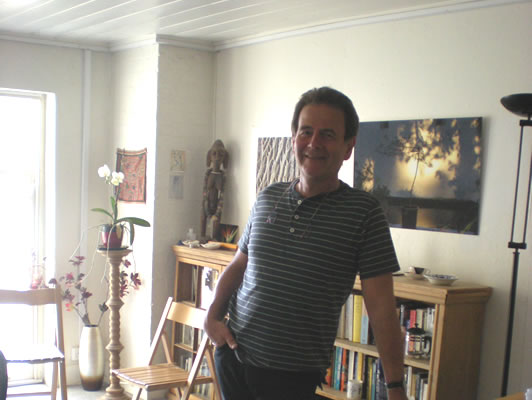
The same spirit of discovery led me to ask Thomas H. Green, coordinator of music reviews on theartsdesk to offer me albums “outside my comfort zone”. I felt a little out of my depth at first, but, as Alisadair White who first used the term in a 2009 article about management techniques, suggested would be the case, I was nudged into an area where challenge induced a higher grade of performance. Did I write better or more perceptively? I'm not sure, but I was sometimes thrilled and often inspired. I found fresh words to describe new and unfamiliar experiences: with the Denver duo known as Tennis, who provide an "ethereal form of pop", I wrote of “something both healing and deeply relaxing in this clear-eyed music of light”. With Canada’s Purity Ring, another duo unknown to me, I spoke of “a music without much trace of earthy sensuality, let alone eroticism, a mirror of the times we live in” By stepping out of my baby boomer’s "sexually liberated" comfort zone, I was entering the world of two musicians who celebrated abstinence from sex before marriage.
When writing about popular music, going back to my days as the first rock columnist of the New Statesman, I've always tried to connect the music to cultural shifts it inevitably reflected. Being offered the opportunity to write beyond the safety of what I know has helped me tune into the mood of the times, albeit as a visitor from another planet, or rather another Zeitgeist. I felt this most keenly when I "discovered" the wonderfully talented singer and songwriter Phoebe Bridgers: an acute sensibility that reflects the deep malaise of our times, just as Bob Dylan expressed the massive changes of the 1960s. Bridgers is a tuning fork of a soul, connected with a dark yet still poetic vision of a world that might end, the whole filtered through a stoned fog of distorted yet incredibly beautiful sound.
Creativity is all about being open to stepping out of one's comfort zone and, in so doing, surfing the wave of the present rather than holding on to the well-rehearsed past. This happens in music-making, and in writing too, not least about the arts, May the theartsdesk continue to thrive. and take writers and readers on a daily exploration of what's forever exciting and new.

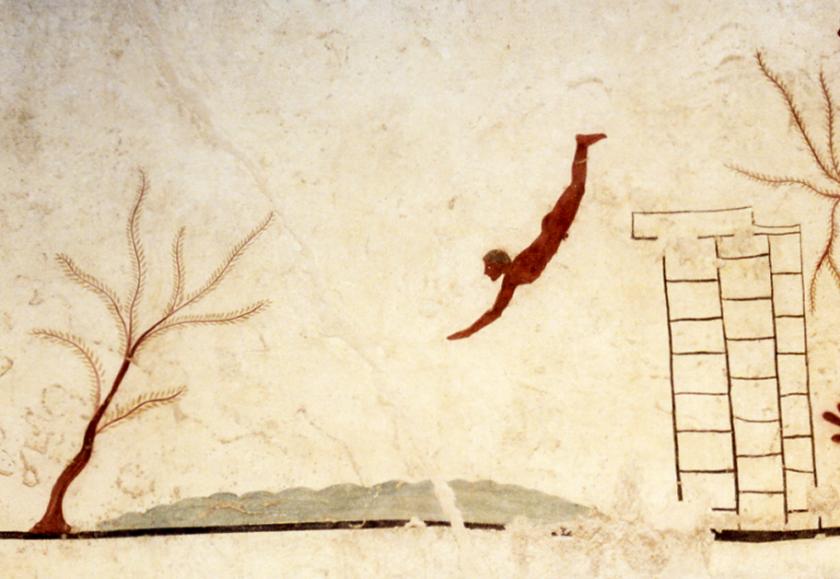

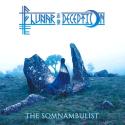


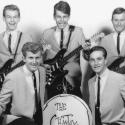
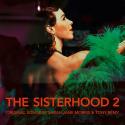
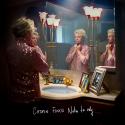

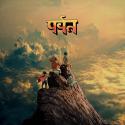
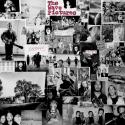



Add comment